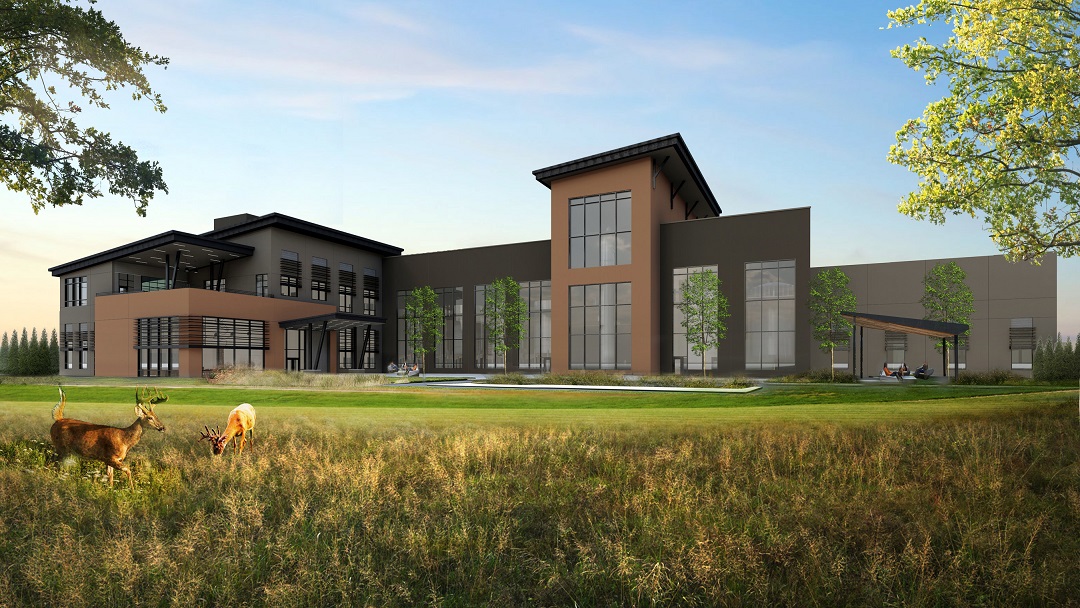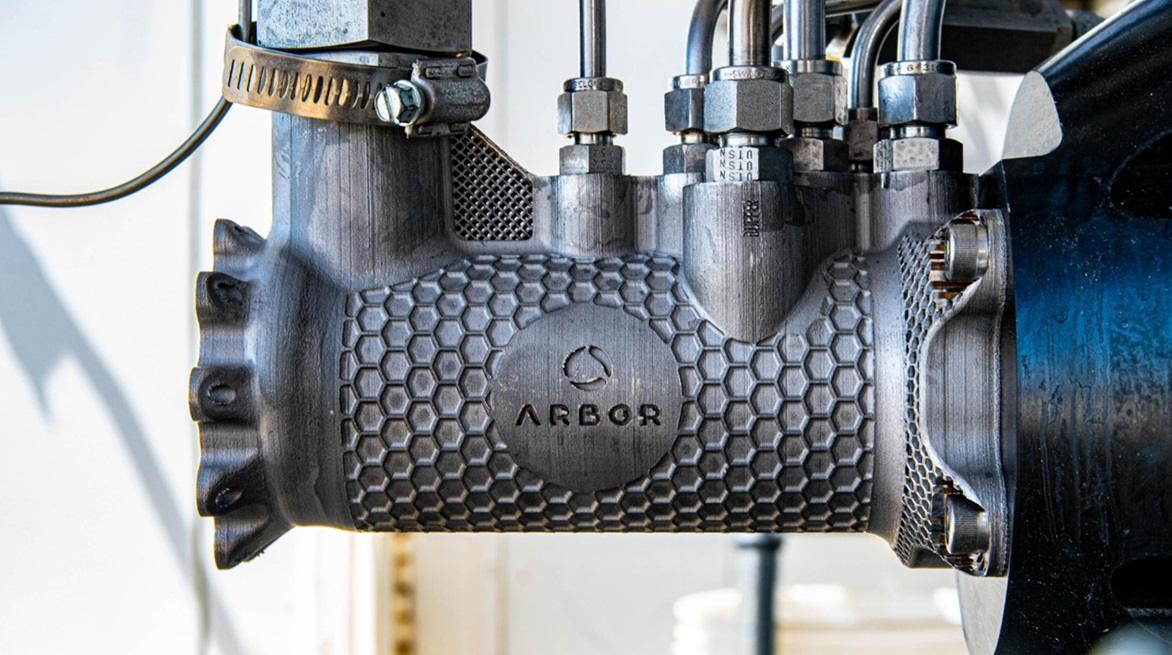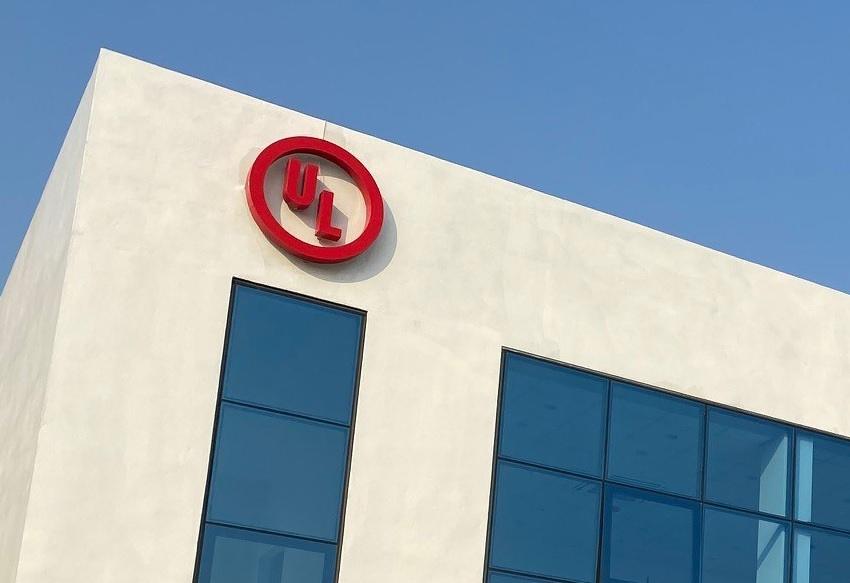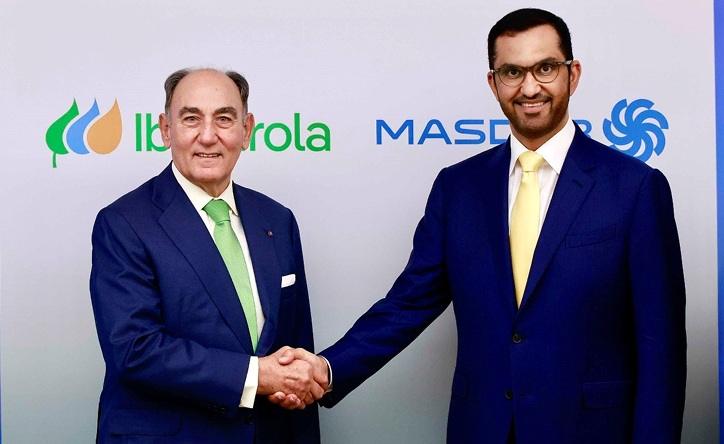Pernod Ricard to Build $250 Million Carbon Neutral Distillery
Wines and spirits producer Pernod Ricard announced today plans to invest approximately $250 million carbon neutral distillery for its Jefferson’s Bourbon brand, in Marion County, Kentucky.
The announcement is the latest in a series of environmental sustainability-focused moves by Pernod Ricard, including recently announced plans to invest €50 million to transform its Middleton Distillery in Ireland into a carbon neutral operation over the next four years, a goal to achieve carbon neutral distillation at its Chivas Brothers brand by 2026, and a recent investment in a hydrogen-fired glass furnace for production of Absolut Vodka bottles.
The company has set goals to reduce its overall carbon footprint intensity by 50% by 2030, and to follow a net zero by 2050 trajectory. Pernod Ricard completed two sustainability-linked bond issuances this year, raising nearly €1.9 billion with cost of debt tied to performance on its goals to reduce Scope 1 and 2 absolute greenhouse gas (GHG) emissions and decrease the water consumption per unit at distilleries.
Pernod Ricard outlined some of the low carbon technologies it will employ in the new distillery and warehouses, including renewable electricity-powered electrode boilers, on-site electric trucks and facility vehicles, also powered by renewable electricity, and extensive use of solar and natural lighting.
The company said that it will also partner with local farmers and suppliers to source ingredients and casks, and that the facility will be the of its size in the U.S. to achieve LEED certification.
Ann Mukherjee, Chairman and CEO, Pernod Ricard North America, said:
“Our company is an agricultural company at its core and so it is vital that we lead the category forward – in partnership with our farmers and growers – and remain committed to the long-term sustainability of our people, our industry and our planet. This investment is the latest illustration of that belief.”
Construction of the new facility is expected to begin early next year, with a targeted 2025 completion date.





